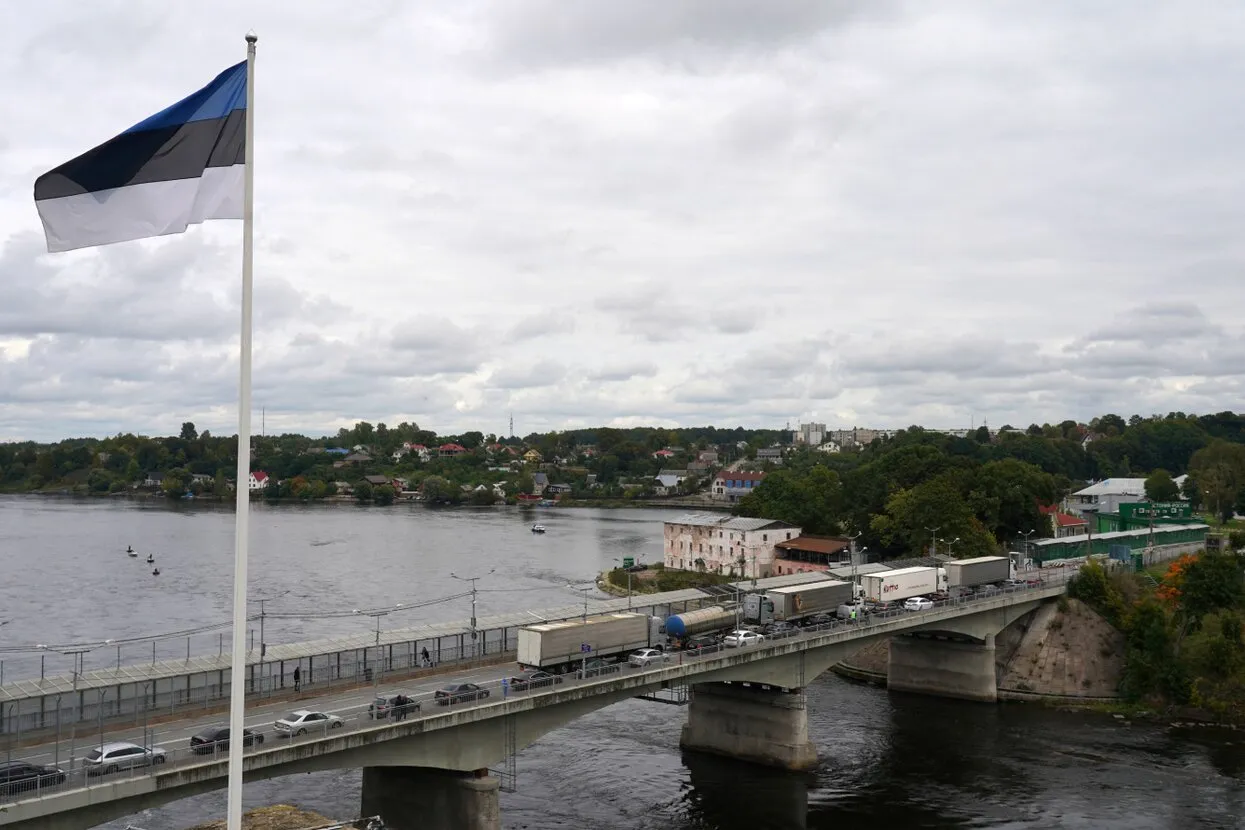
Unintended consequences How E.U. countries’ bans on Russian vehicles have caused disabled refugees from Ukraine to suffer
On September 8, the European Commission released a set of guidelines for how E.U. countries should implement bans on importing sanctioned goods, including personal vehicles, clothing, and hygiene products entering those countries from Russia. The document is non-binding, but soon after its publication Latvia, Lithuania, and Estonia announced bans on vehicles with Russian license plates entering those countries. Finland, and then Poland, soon followed suit. Volunteers who help Ukrainian refugees with impaired mobility told BBC News Russian and the independent outlet iStories that the policy has already caused difficulties for the people they serve. Meduza summarizes the situation.
A new report from BBC News Russian tells the story of Lydia, a woman from Mariupol who suffers from terminal cancer. At the start of the full-scale war, Lydia refused to leave her besieged city, and her family was forced to leave her behind when they fled. After her health deteriorated, her relatives sought assistance from an independent team of volunteers, who helped transport her to St. Petersburg for a medical exam. According to one of the volunteers, the doctor who assessed Lydia said her condition was critical and advised her family to focus on palliative care. They decided to bring her to Estonia, and Estonian doctors offered to meet her in Narva, a city on the Russian-Estonian border.
To transport her, the volunteers contacted a private ambulance service in St. Petersburg. The company had made trips across the Russian-Estonian border in the past, including one just two weeks earlier, but its employees warned that there was a high chance they wouldn’t be allowed to enter Estonia again: while the European Commission’s guidelines specified that ambulances should not be subject to sanctions restrictions, Estonia’s ban did not.
Fearing that the mobile ICU might be confiscated, the team decided not to try to take it into Estonia. (According to the private ambulance company’s chief physician, border guards had previously warned the company that confiscation would be likely.) On September 17, volunteers drove the cancer patient to the border in an ordinary vehicle, accompanied by a volunteer doctor.
When they reached the border checkpoint, Lydia and her escort had to wait in a long line. Russian border guards insisted on questioning her son, who was with her, taking more than four hours before they let him go. According to one of the volunteers, the pain medication administered to Lydia by an IV before leaving St. Petersburg wore off while she was waiting. For the remainder of the journey, she was in pain. When the patient and her son finally passed through the Russian border checkpoint, he had to push her to the Estonian checkpoint in a wheelchair, for 1.5 kilometers (or nearly a mile). Altogether, the journey that could have taken 2.5–3 hours in an ambulance took the family seven hours.
Volunteers from the St. Petersburg-based Migrant Assistance Center told iStories that the bans on vehicles with Russian license plates entering the Baltic countries, Finland, and Poland have already caused difficulties to numerous disabled Ukrainian refugees. Before the new policy went into effect, they said, ambulances crossed the border 2–3 times per month. However, the last planned trip, which had been scheduled for September 17, was canceled, due to concerns about clearing the border.
After BBC published Lydia’s story, Estonian border officials clarified that ambulances are exempt from the country’s ban on Russian vehicles. An Estonian Tax and Customs Board representative said the Estonian authorities allow the “safe and effective travel” of “people in need of medical attention” across the border.
Lydia
Lydia’s name has been changed to protect her identity.